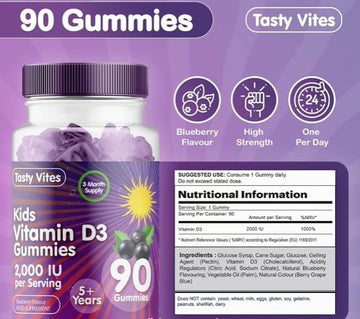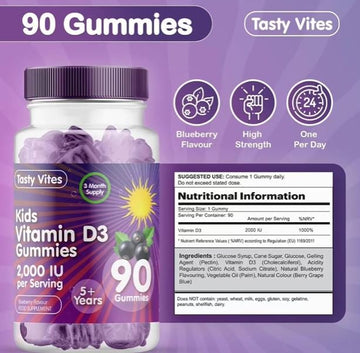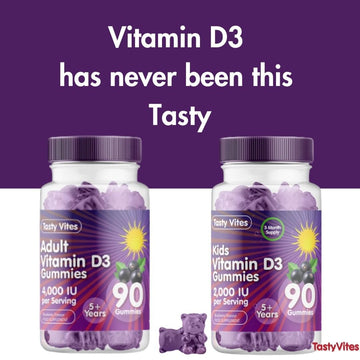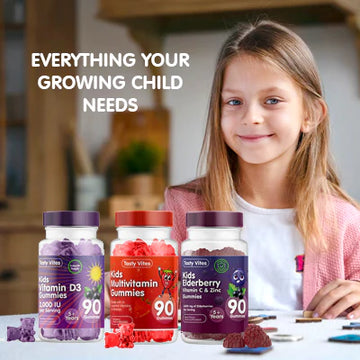Vitamin E is an important antioxidant, other benefits you may not know..
by Oliver Morgan on Aug 09, 2022
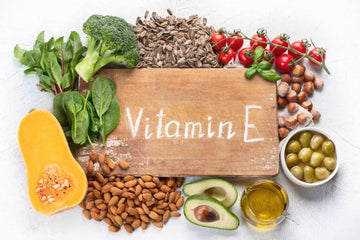
Vitamin E is a fat-soluble nutrient that has numerous health benefits. It is known for its antioxidant properties and is found naturally in many foods. In this article, we will explore the main benefits of vitamin E, the best sources of this nutrient, and research studies.
Benefits of Vitamin E
- Antioxidant Properties
Vitamin E is an antioxidant that helps to protect cells from damage caused by free radicals. Free radicals are unstable molecules that can cause oxidative stress and damage to cells, leading to chronic diseases such as cancer, diabetes, and heart disease. Vitamin E helps to neutralize free radicals and protect cells from damage.
- Skin Health
Vitamin E is also known for its benefits for skin health. It can help to moisturize the skin and reduce the appearance of fine lines and wrinkles. Vitamin E is also believed to help protect the skin from UV damage, which can lead to premature aging and skin cancer.
- Immune System Support
Vitamin E has been shown to support the immune system by promoting the production of white blood cells. White blood cells are responsible for fighting off infections and diseases, so having a strong immune system is essential for overall health and well-being.
- Heart Health
Vitamin E may also help to support heart health by reducing the risk of cardiovascular disease. Studies have shown that vitamin E can help to reduce inflammation and prevent the oxidation of LDL cholesterol, which can contribute to the development of heart disease.
Best Sources of Vitamin E
There are many foods that are rich in vitamin E. Some of the best sources include:
- Nuts and Seeds
Almonds, sunflower seeds, and hazelnuts are all excellent sources of vitamin E. Just a handful of nuts can provide a significant amount of this nutrient.
- Vegetables
Leafy greens such as spinach, kale, and broccoli are also good sources of vitamin E. Other vegetables such as sweet potatoes, avocados, and tomatoes also contain this nutrient.
- Oils
Oils such as olive oil, sunflower oil, and soybean oil are rich in vitamin E. However, it is important to consume these oils in moderation as they are also high in calories.
Positive Research Studies
- Skin Health
A study published in the Journal of Investigative Dermatology found that vitamin E can help to protect the skin from UV damage. The study showed that when vitamin E was applied topically to the skin, it helped to reduce the damage caused by UV exposure.
- Immune System Support
A study published in the American Journal of Clinical Nutrition found that vitamin E supplementation can help to boost the immune system. The study showed that people who took vitamin E supplements had higher levels of white blood cells, which are responsible for fighting off infections and diseases.
- Heart Health
A study published in the New England Journal of Medicine found that vitamin E supplementation can help to reduce the risk of heart disease. The study showed that people who took vitamin E supplements had a 40% lower risk of developing heart disease than those who did not take the supplements.
Conclusion
Vitamin E is a powerful nutrient that has many health benefits. It is an antioxidant that can help to protect cells from damage, support skin health, boost the immune system, and reduce the risk of heart disease. It is found naturally in many foods such as nuts, seeds, vegetables, and oils. If you are looking to improve your health and well-being, incorporating more vitamin E-rich foods into your diet is a great place to start.
One of our most popular products our Kids Multivitamin Gummies includes the recommended daily dose of vitamin E for kids aged 5-16 years old, click here to buy now.

